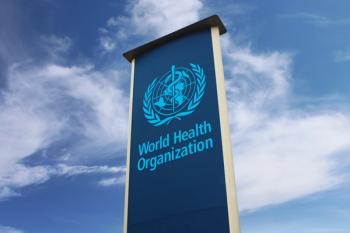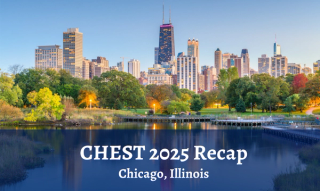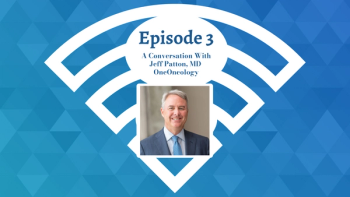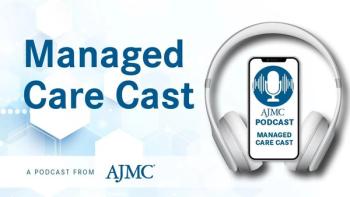
Health Care Cost
Latest News
Latest Videos

Podcasts
CME Content
More News

The guidelines highlight the need for lifelong obesity management, early diagnosis, comorbidity prevention, and patient-centered care.

This commentary proposes a hybrid drug pricing reform model balancing most favored nation (MFN) benchmarking with domestic negotiation strategies that drive equity-focused valuation frameworks.

New research shows immigrant children face higher odds of unmet medical needs as federal and state coverage rules narrow.

Within the same physician groups, 2-sided risk in Medicare Advantage (MA) was associated with higher quality and lower utilization for dually eligible beneficiaries compared with fee-for-service MA and traditional Medicare.

Shared savings reflects continued growth of long-term-care ACOs in Medicare’s value-based models.

Eleanor Perfetto, PhD, explores how most favored nation policy relates to broader drug pricing and cost-effectiveness debates in the US.

The expansion of direct-to-consumer (DTC) pharmaceutical manufacturer models and the upcoming TrumpRx launch offer lower costs but create new complexities for patients.

Experts discuss the clinical and economic burden of idiopathic pulmonary fibrosis (IPF), emerging clinical data, and strategies to improve patient outcomes.

With ACA subsidies and key CMS payment models ending in 2025, premiums are set to rise, shifting costs to consumers and employers.

Requiring individuals on Medicaid to report their work hours has been attempted in other states previously, with mixed results.

Jasmine Eugene, PharmD, explains how pharmacists practicing at the top of their license improve rural oncology access and ease physician workload.

Clark Alsfeld, MD, discusses how telemedicine, pharmacists, and evolving policies help overcome financial and geographic barriers in oncology care.

Based on this analysis, all 3 gepants are not cost-effective compared with usual care for the treatment of acute migraine.

Cuts to Medicaid could spell trouble for pediatric health, as millions of children rely on Medicaid to cover their hospital expenses.

Broader eligibility, real-world data, and community partnerships are expanding access to CAR T-cell therapy.

Ochsner MD Anderson expands cancer care access in Louisiana through community partnerships, technology, and strong patient-physician relationships.

One in 5 of the highest-revenue drugs of 2022 was exclusively approved for rare conditions, accounting for more than 7% of US pharmaceutical spending.

Experts say proposed pharmaceutical tariffs could raise drug prices, impacting patient access and health care budgets.

A vote on the House floor allowed for the government to reopen immediately, but the fight over the extension of ACA subsidies still goes on.

The Colorectal Cancer Alliance expands its $100 million Project Cure CRC with 3 new grants driving innovation and improving patient outcomes.

In this investigation, the authors evaluated the impact of a voluntary transition to risk-based contracts under Medicare Advantage on health care use.

The introduction of more stringent work requirements for those enrolling or renewing their Medicaid coverage can affect both children and adults.

This article provides insights into patterns of health care use following emergency department visits by high-need, high-cost patients with different types of California Medicaid primary care providers.

RPM may improve patient access to care, especially those with high-risk conditions, but not without a significant cost.

Medbridge is working to refine remote therapeutic monitoring, or RTM, to transform physical therapy and enhance patient care.

























